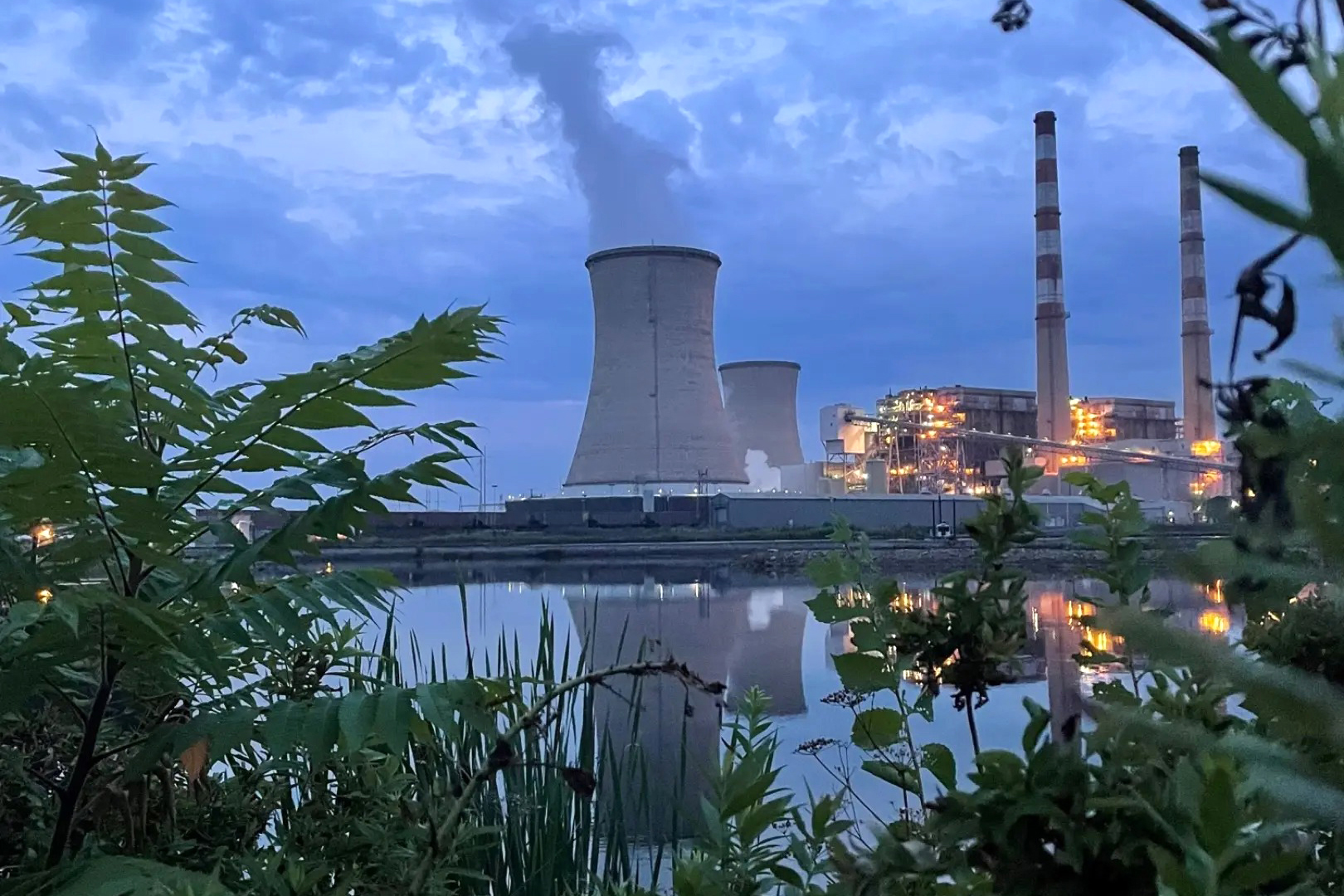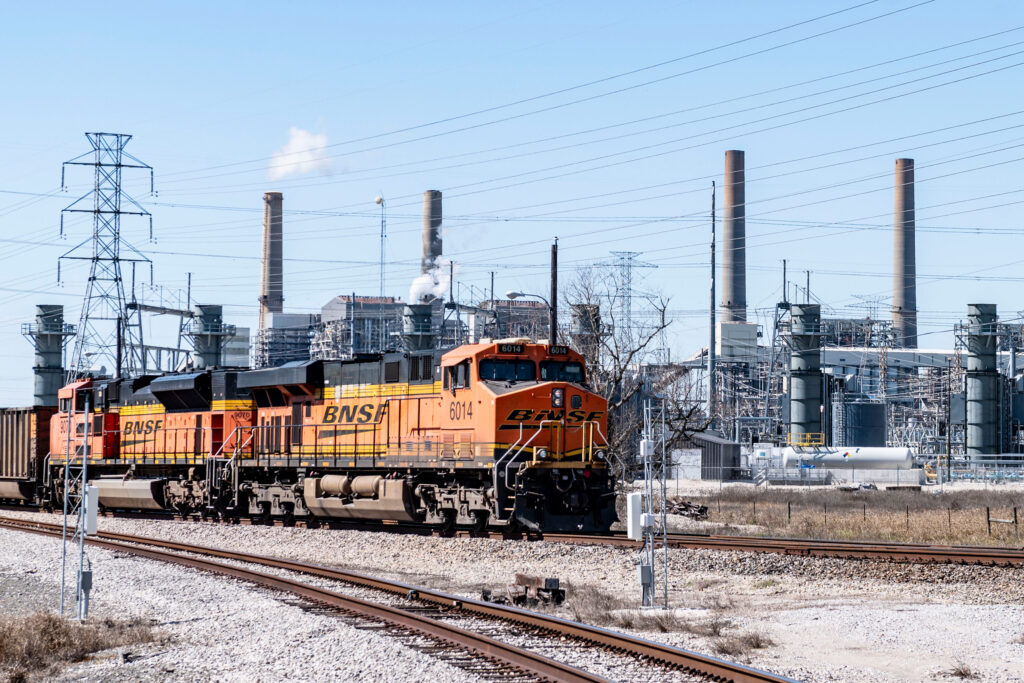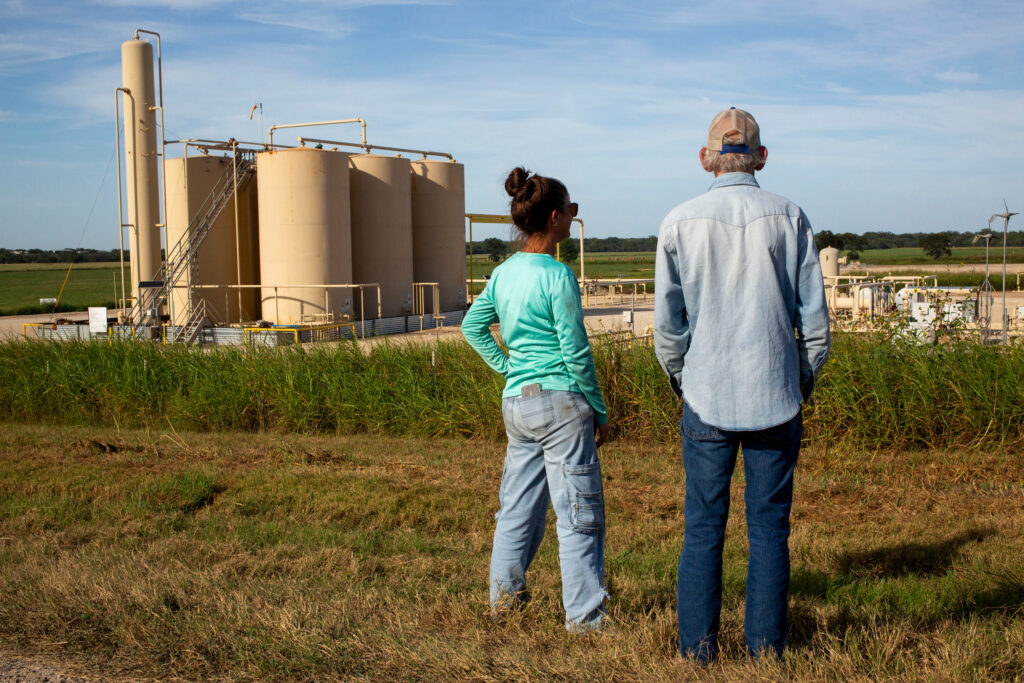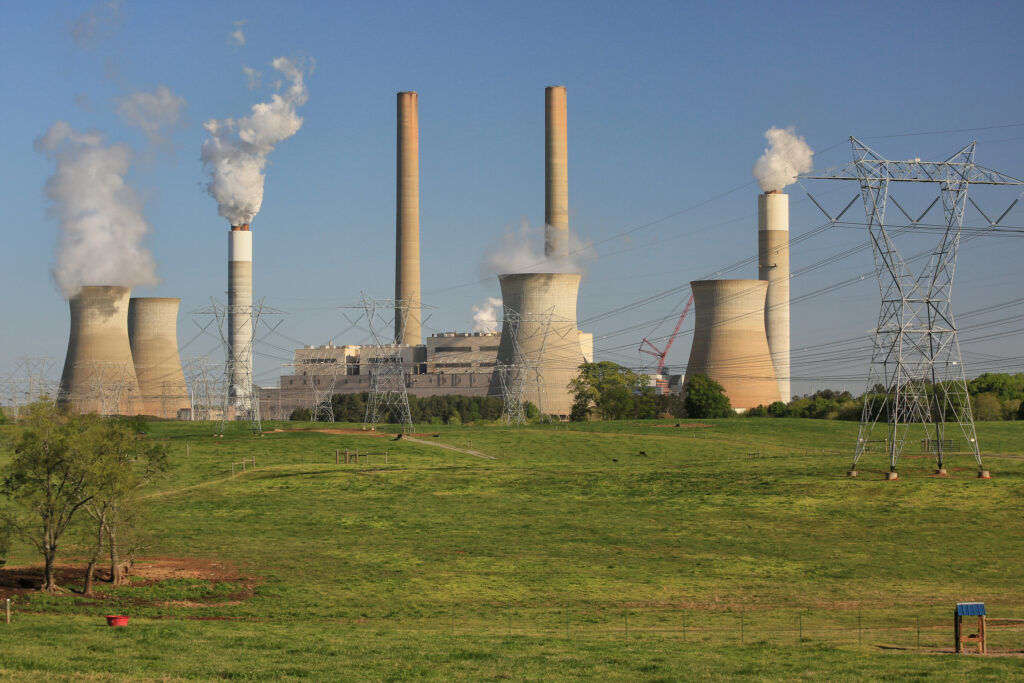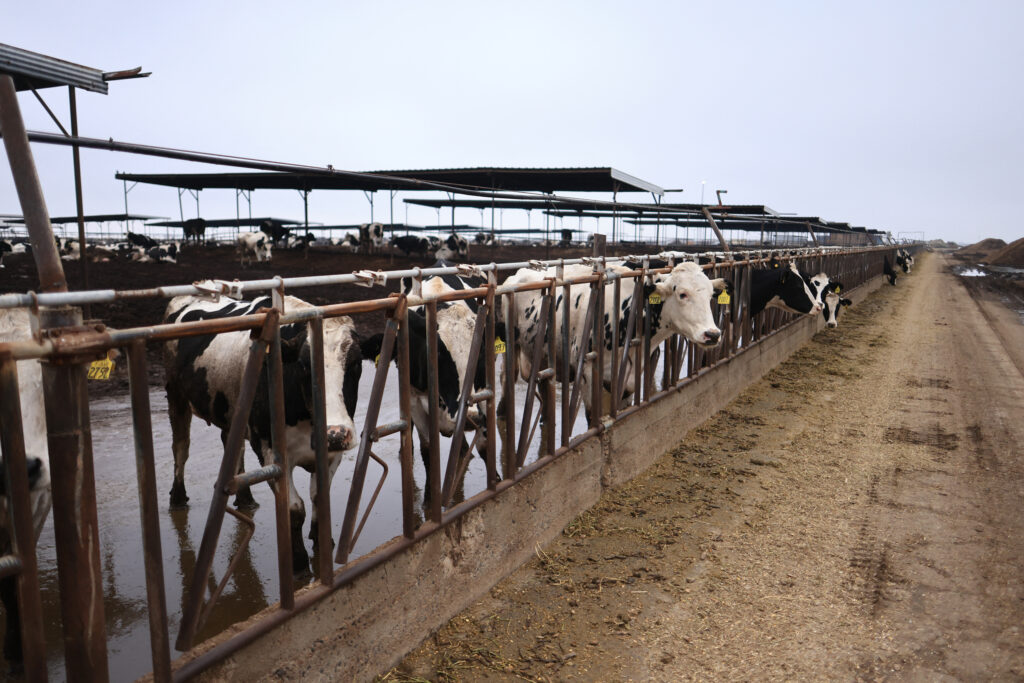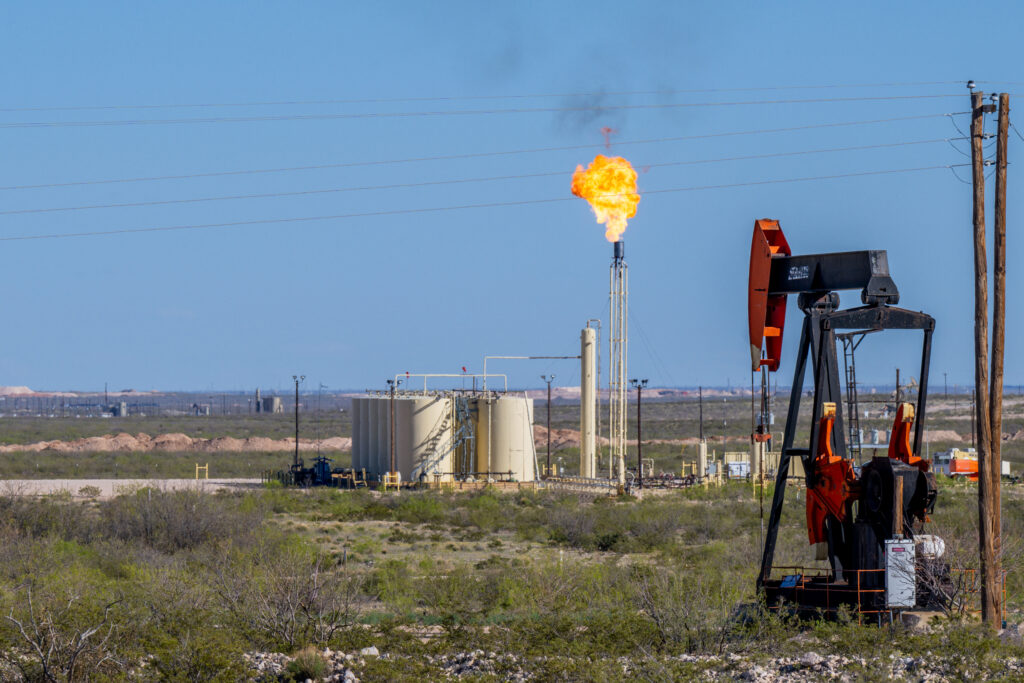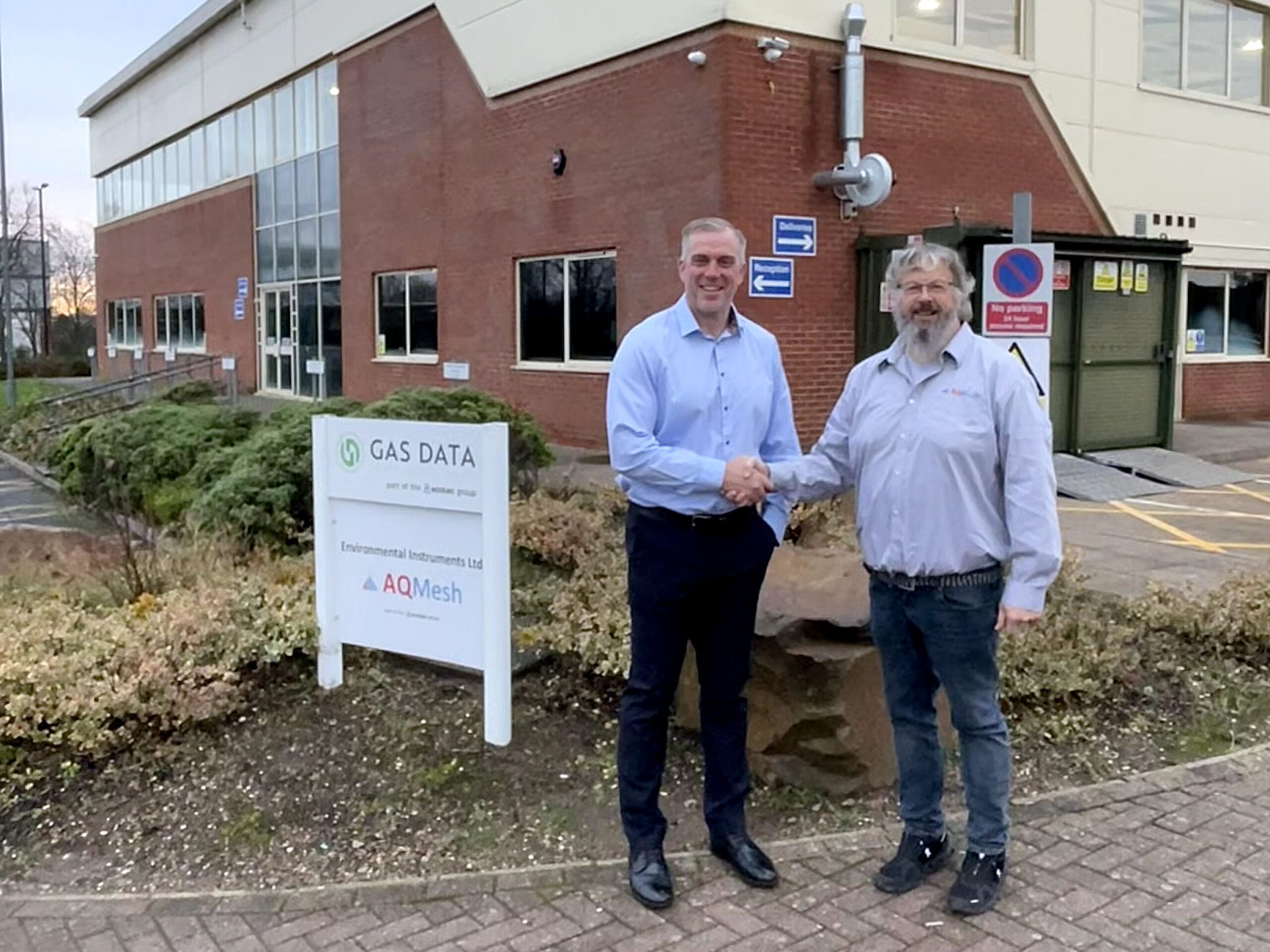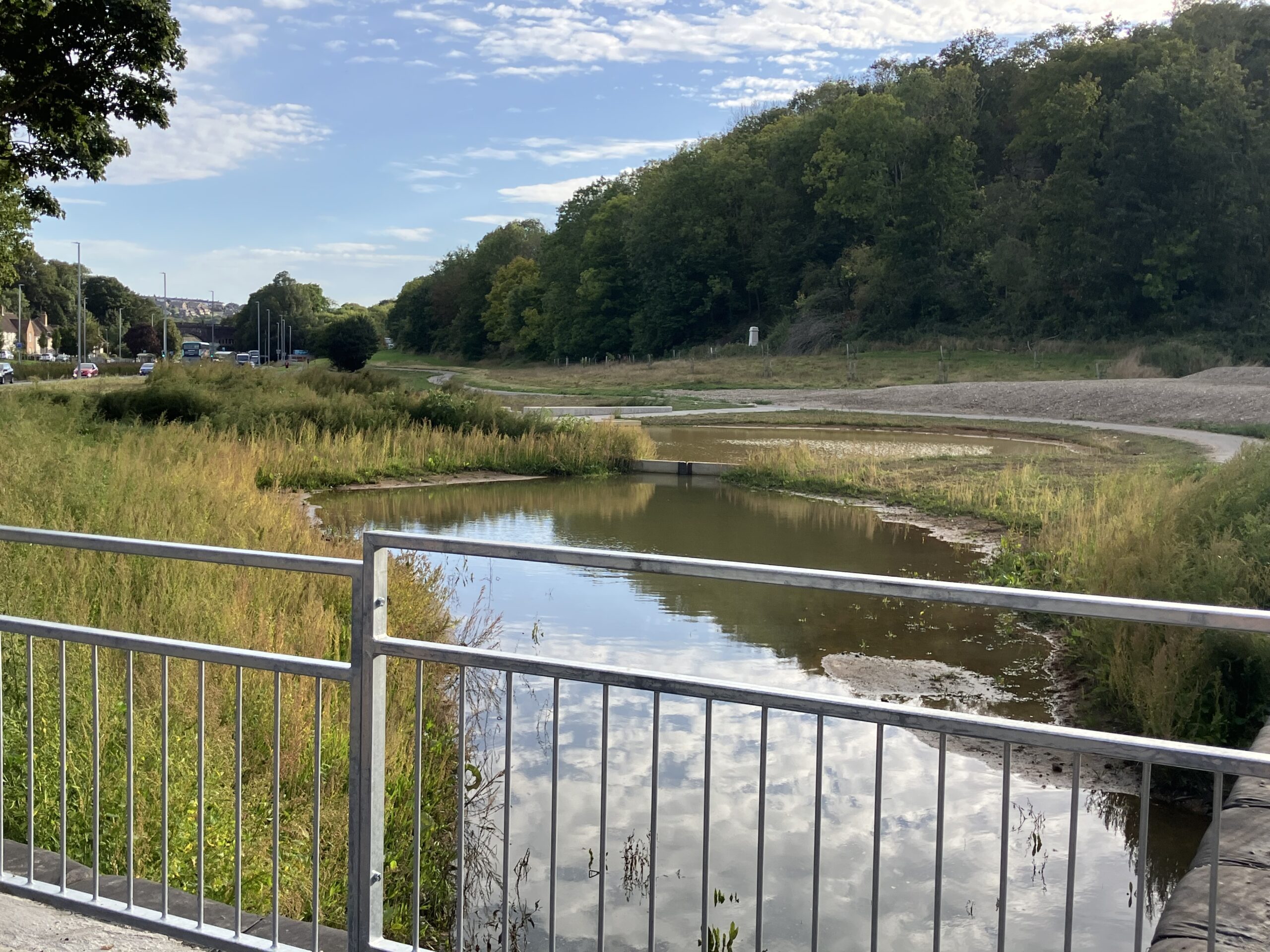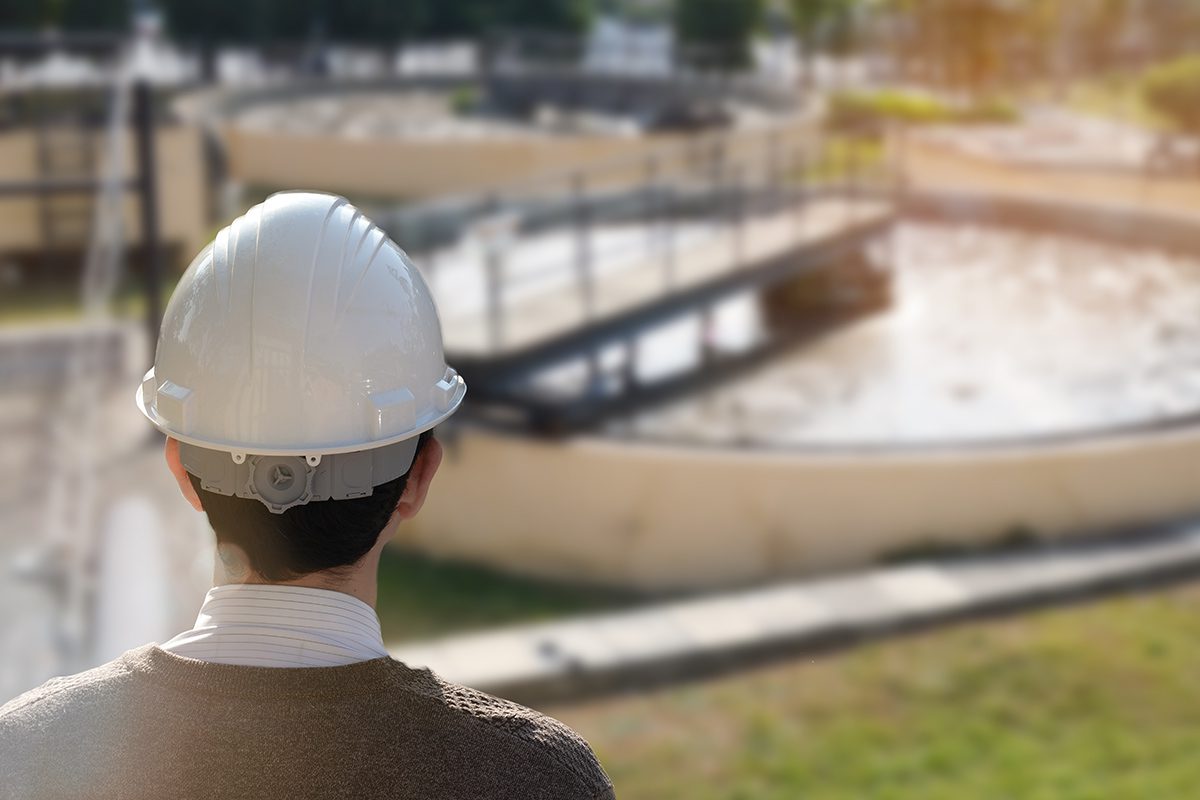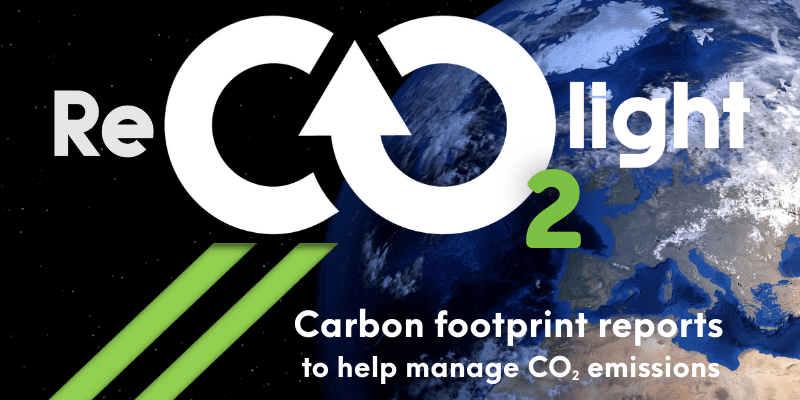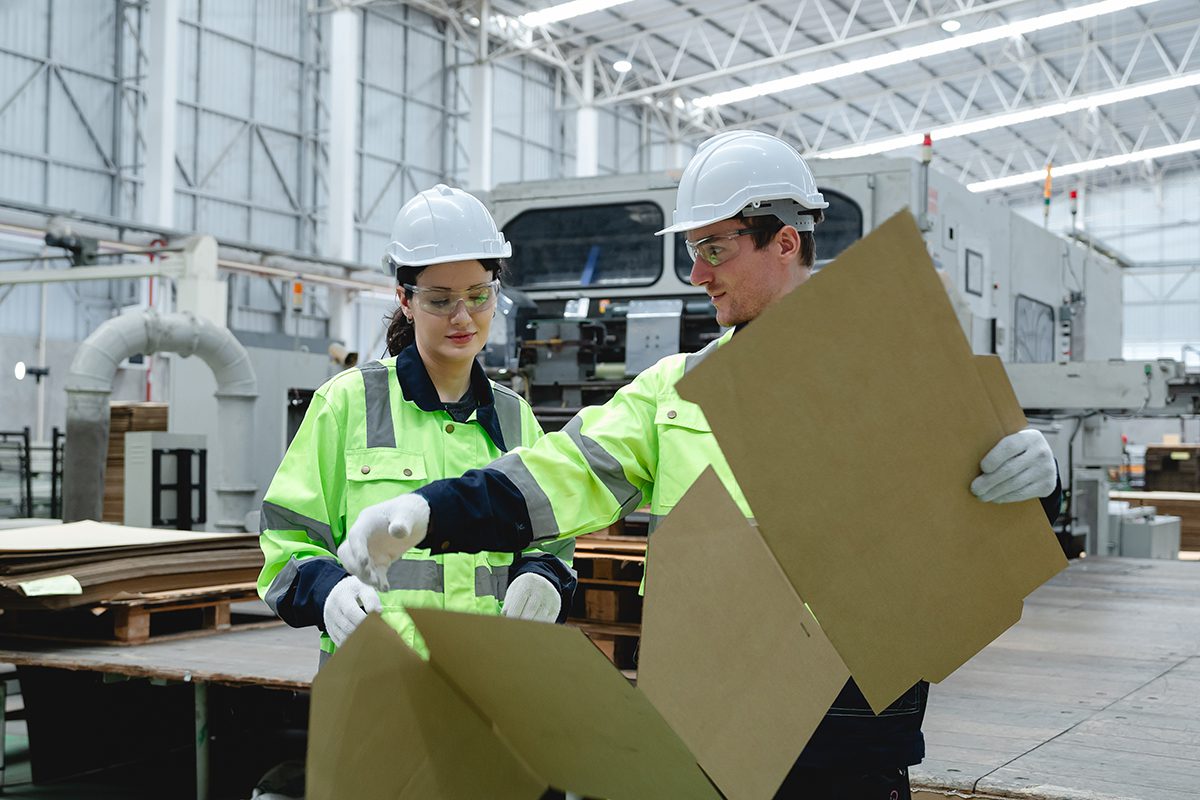The Ironbound neighborhood in Newark, N.J., has two distinct sections: an immigrant-rich area of rowhouses, ethnic restaurants and shops, and a clogged industrial zone with three power plants, the state’s largest incinerator and biggest sewage facility, a slew of factories and a near-constant parade of diesel trucks.
And now, there will be a fourth power plant.
The Passaic Valley Sewerage Commission gave the green light to the plant late Thursday in spite of passionate and even tearful objections of dozens of current and former residents, public officials, clergy, physicians and health care workers and people who live and work nearby.
For more than five hours, the opponents expressed dismay about the harmful health impacts of living with so much pollution. They urged the commission to reject the proposal of a gas-powered plant for cleaner sources such as solar and battery power.
We’re hiring!
Please take a look at the new openings in our newsroom.
See jobs
The project was approved 6-2, with commissioners agreeing that the plant was a needed backup to avoid the kind of power outage that happened during Superstorm Sandy in 2012, which made landfall in New Jersey and caused widespread flooding. Then, the sewage treatment plant—the largest in the state—lost power and spewed raw sewage into Ironbound’s streets as well as the Passaic River and New York waterways.
The commission vote comes amid a court battle over the state permitting process of the same plant. The Ironbound Community Corporation (ICC), a nonprofit that provides educational, environmental and housing support to residents, filed an appeal last month in the Appellate Division of New Jersey Superior Court. The legal action challenges the state Department of Environmental Protection permit, finalized in April, that allowed the commission to consider the gas plant.
Opponents who for four years have argued against the plant, tried again Thursday to persuade the commission. They raised legal issues, cited public health risks and made clear they will remember those who voted “yes” if any commissioner runs for future elected office.
The community has long lived with industrial pollution, they said, and residents suffer from asthma and cardiovascular disease, illnesses complicated by toxic air. They pleaded with the commission to consider the general well-being of their neighbors, many of whom are immigrants.
“Have a conscience,” said Hazel Applewhite, the ICC’s chief executive officer. School children are routinely sent home with asthma attacks, and she urged the commission to devise an energy plan that doesn’t “force unhealthy” conditions on residents who struggle to make ends meet.
The neighborhood, once full of meadows and marshes, evolved into an immigrant hub beginning in the 1880s. Ironbound remains a working-class community of mostly Portuguese, Spanish and African Americans. “Communities like the Ironbound are facing so much right now,” said Maya Ponton Aronoff, a Union City resident who said she knows residents fearful of encountering U.S. Immigration and Customs Enforcement (ICE) agents.
“When is enough enough?” she asked.
About a quarter of Ironbound’s 50,000 households earn less than $25,000 a year, and more than half the adults do not have a high school diploma, according to the ICC.
Some opponents pointed to the state’s Environmental Justice Law, which was enacted in 2020 to protect overburdened communities from health threats, and wondered how this project could move ahead.
“It’s an affront to environmental justice,” Sam DiFalco, representing the nongovernmental organization Food & Water Watch, told the commission. “If we can allow a new gas plant in what I would consider one of the most overburdened communities in New Jersey….then the law is meaningless.”
The sewage plant covers 145 acres near the New Jersey Turnpike, and the new backup gas-powered plant would be built to operate up to 1200 hours a year and only in case of storms. The sewer commission agreed to put limits on the plant: It will be restricted as a backup source and cannot be modified for general use.
A handful of people spoke in favor of the project as a job generator and a safeguard against the storms.
Environmental activists and state regulators had pushed for alternative energy sources, such as solar and battery storage, for the backup plant. They contended that battery power is cheaper and able to fulfill the emergency needs.
The sewer commission did amend its plan to include better air pollution monitors and some battery and solar use, but it rejected the idea the new plant could run solely on alternative energy. The alternative sources would not fit space limits at the site space, the commission decided.
Commission members who voted in favor of the project offered no comment about their decisions. The meeting could be viewed over Zoom, and some opponents held up pieces of paper to share their discontent with the commission vote.
“Shame on you,” one hand-written sign said.
About This Story
Perhaps you noticed: This story, like all the news we publish, is free to read. That’s because Inside Climate News is a 501c3 nonprofit organization. We do not charge a subscription fee, lock our news behind a paywall, or clutter our website with ads. We make our news on climate and the environment freely available to you and anyone who wants it.
That’s not all. We also share our news for free with scores of other media organizations around the country. Many of them can’t afford to do environmental journalism of their own. We’ve built bureaus from coast to coast to report local stories, collaborate with local newsrooms and co-publish articles so that this vital work is shared as widely as possible.
Two of us launched ICN in 2007. Six years later we earned a Pulitzer Prize for National Reporting, and now we run the oldest and largest dedicated climate newsroom in the nation. We tell the story in all its complexity. We hold polluters accountable. We expose environmental injustice. We debunk misinformation. We scrutinize solutions and inspire action.
Donations from readers like you fund every aspect of what we do. If you don’t already, will you support our ongoing work, our reporting on the biggest crisis facing our planet, and help us reach even more readers in more places?
Please take a moment to make a tax-deductible donation. Every one of them makes a difference.
Thank you,



